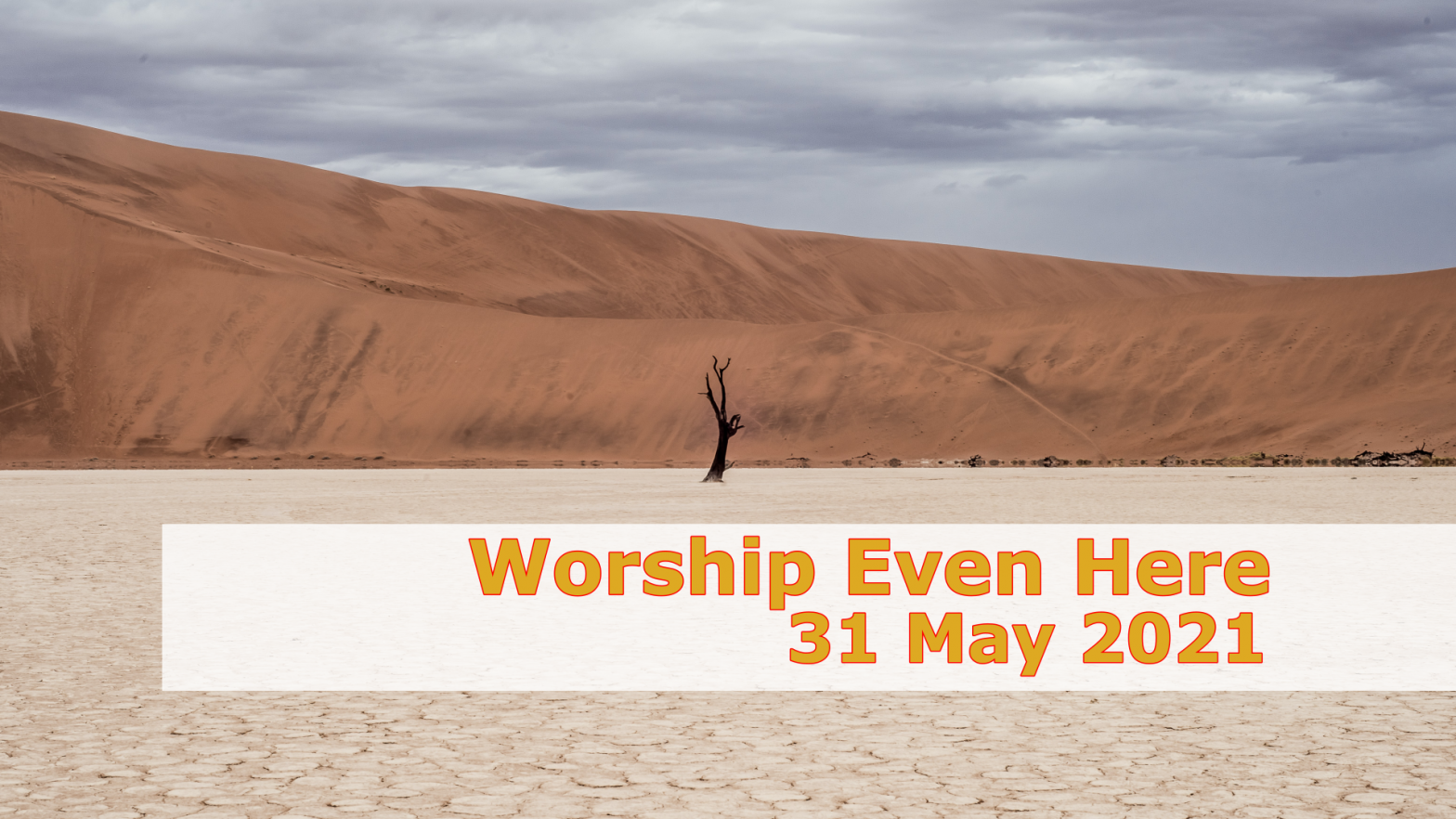-

Worship Even Here
Ian
Psalm 20; Numbers 9:15–23; Revelation 4:1–8 Trusting God is hard. Trusting that all things work for good is hard. How can COVID be good? How can a bad economy be good? How can not being able to be with our loved ones be good? A lot of this hasn’t been good. For the psalmist, that
About

Writings that we hope will deepen your relationship with Jesus Christ through the reading of the Scriptures.




